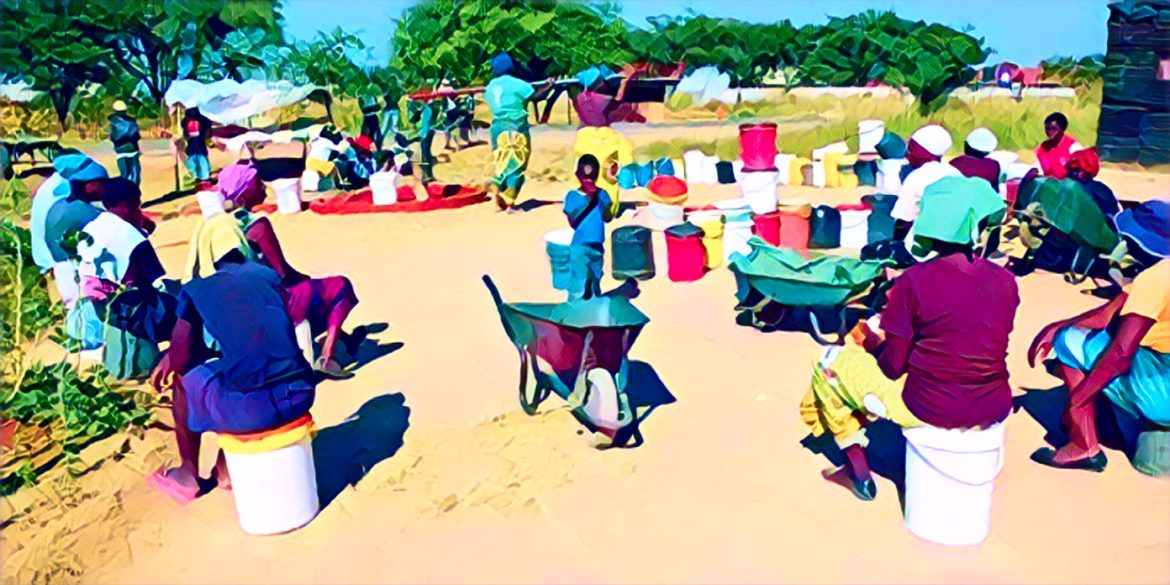KEY POINTS
- Recurrent droughts, intensified by climate change, have drastically reduced water availability in Zimbabwe.
- Outdated and poorly maintained water systems contribute to significant water losses and supply disruptions.
- Political interference and economic instability hinder effective water resource management.
Zimbabwe is grappling with a profound water crisis that threatens public health, agriculture, and economic stability. This crisis stems from a combination of climatic changes, deteriorating infrastructure, and political complexities.
Addressing these issues requires a multifaceted approach to ensure sustainable water management and equitable access for all citizens.
Causes of Zimbabwe’s water crisis
Zimbabwe has experienced recurrent droughts exacerbated by climate change, leading to diminished water levels in reservoirs and rivers. The 2023-2024 El Niño event intensified these conditions, resulting in the driest February in over a century and significant agricultural losses.
The country’s water supply infrastructure is outdated and poorly maintained, leading to frequent breakdowns and water losses. In Harare, residents face a dire lack of clean water due to unresolved infrastructural issues, posing severe public health risks.
Political interference and economic instability have hindered effective water resource management. In Bulawayo, political rivalries have stalled solutions to the city’s water crisis, exacerbating the situation for residents.
Impact on public health and agriculture
The scarcity of clean water has led to outbreaks of waterborne diseases, including cholera. In 2023, Zimbabwe faced a cholera outbreak that resulted in over 700 deaths, highlighting the critical need for improved water and sanitation services.
Water shortages have severely impacted agriculture, a cornerstone of Zimbabwe’s economy. The 2023-2024 drought led to crop failures, with maize production falling significantly short of national requirements, exacerbating food insecurity.
Potential solutions
Upgrading and maintaining water supply systems are essential. This includes repairing existing infrastructure, constructing new dams, and implementing efficient water treatment facilities to ensure a reliable supply of clean water.
Farmers are shifting to drought-resistant crops and sustainable practices to mitigate the effects of climate change. Programs supported by international agencies have enabled farmers to adopt solar-powered irrigation systems and diversify crops, enhancing resilience to extreme weather.
Empowering local communities to manage water resources can lead to more effective and responsive solutions. Removing political interference and involving independent water experts in decision-making processes are crucial steps toward sustainable water management.
Global organizations have recognized the severity of Zimbabwe’s water crisis. The United Nations has sought $430 million to aid Zimbabwe, aiming to provide food and water to millions affected by the drought.
Furthermore, encouraging water conservation, rainwater harvesting, and the protection of natural water sources is vital. Community-led initiatives have demonstrated success in curbing water woes by implementing sustainable practices and empowering local populations.


